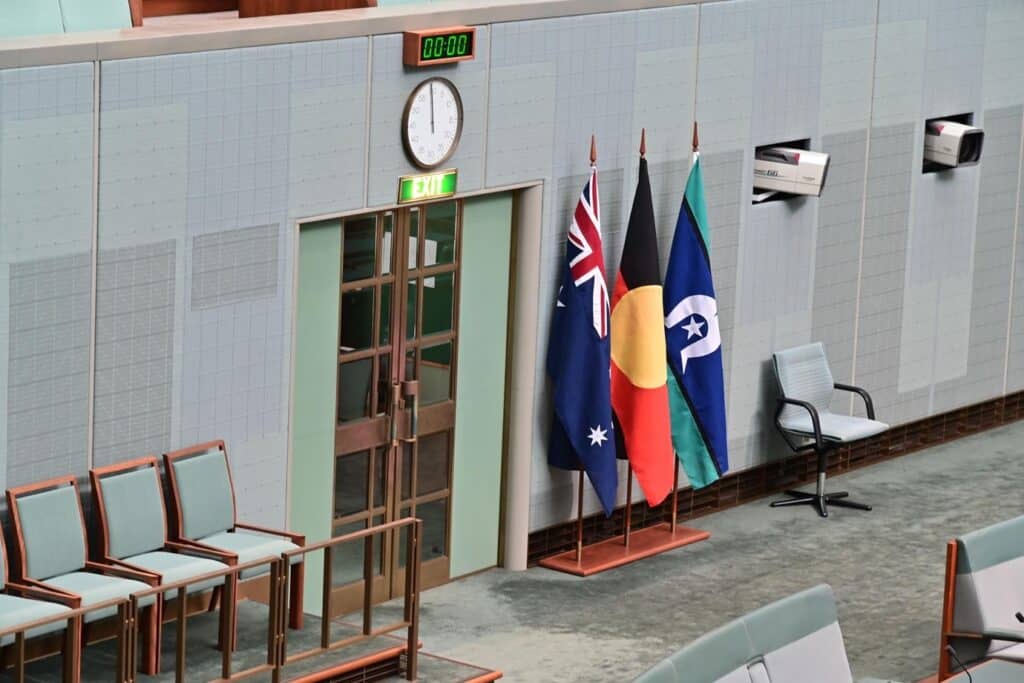Closing the gap policies that are meant to improve life expectancy, education, health and housing for First Nations people will fail without fundamental government changes, warns the Productivity Commission.
The Commission’s scathing report says that the government must give more power to Indigenous communities to achieve real change.
Closing the Gap was established 15 years ago, but in 2020, all Australian governments signed up to implement a new national agreement with a radical overhaul of the strategy. They committed to do everything possible “to overcome the entrenched inequality faced by too many Aboriginal and Torres Strait Islander people so that their life outcomes are equal to those of all Australians”.
The Productivity Commission was asked to consult with Indigenous communities on progress so far.
The Commission’s report has strongly criticised governments for being unwilling to relinquish control, lacking accountability and providing only tokenistic engagement with Indigenous organisations.
“Most critically, the Agreement requires government decision-makers to accept that they do not know what is best for Aboriginal and Torres Strait Islander people,” the Closing the Gap review states.
“Change can be confronting and difficult. But without fundamental change, the Agreement will fail and the gap will remain.”
Closing the gap data shows that the national target of ‘no gap in life expectancy’ is not on track to be met for Indigenous males or females. Neither are the ‘no gap’ targets for areas such as healthy birth weights for Indigenous children, early childhood education enrolment rates, participation in the workforce, suicide rates, rates of incarceration or housing stability.
There are four priority reforms in the agreement, and the Commission’s report focussed on assessing progress in these areas to identify ways to improve socioeconomic outcomes. The key targets, all of which aren’t being met, include: shared decision-making, building the community-controlled sector, transforming government organisations and sharing access to data.
“When Aboriginal and Torres Strait Islander people are given ownership over the decisions that affect their lives, the resources they need, and the opportunity to partner with government, we see better outcomes,” said Catherine Liddle, the Acting Lead Convenor of Coalition of Peaks– a partner to the National Agreement and a group representing more than 80 Aboriginal and Torres Strait Islander peak organisations.
Pointing out that there’s been no significant funding since 2008, Liddle said more funding was needed to deliver the reforms.
“We are calling for a dedicated Closing the Gap fund, enshrined in legislation, and directed to Aboriginal community-controlled organisations and our organisations to support our self-determination,” she said.
“Next week the Prime Minister will address Parliament on the anniversary of the Apology to the Stolen Generations, and we hope his words will be matched with action.”
Liddle also said this will be “the first time the Prime Minister has addressed the nation in a significant way” following the national referendum in October, which saw Australia vote “no” to including an Indigenous Voice to Parliament.
Government response
Federal Minister for Indigenous Australians, Linda Burney, told National Indigenous Times the government agrees “that progress by all partners in implementing the Priority Reforms so far has not led to the extent of change needed”, acknowledging the report “reveals limited progress on the four Priority Reforms”.
In response to the report’s findings, Burney says the government will take some time to work with their Coalition of Peaks and state and territory government colleagues to consider the findings.


